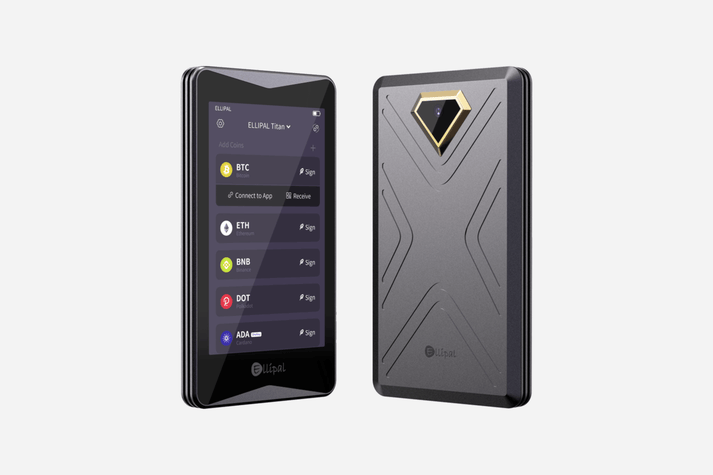Understanding Cold Wallets: The Best Practices for Securing Your Cryptocurrency
الجسم
In the ever-evolving world of cryptocurrency, securing your digital assets is paramount. One of the most effective methods for safeguarding your investments is through the use of a cold wallet. But what exactly is a cold wallet, and why is it essential for cryptocurrency holders?

What is a Cold Wallet?
A cold wallet, also known as a cold storage wallet, is a type of cryptocurrency wallet that is not connected to the internet. This disconnection from the web makes it significantly less vulnerable to hacking attempts and online threats. Cold wallets can take various forms, including hardware wallets, paper wallets, and even physical devices designed specifically for storing cryptocurrencies.
Types of Cold Wallets
Understanding the different types of cold wallets can help you choose the right one for your needs. Here are the most common types:
- Hardware Wallets: These are physical devices that securely store your private keys offline. Popular options include the Ledger Nano S and Trezor.
- Paper Wallets: A paper wallet is a physical printout of your public and private keys. It is crucial to keep this paper safe and secure.
- Air-Gapped Wallets: These wallets are completely isolated from any network, ensuring maximum security.
Best Practices for Using a Cold Wallet
To maximize the security of your cryptocurrency holdings, consider the following best practices:
- Choose a Reputable Provider: When selecting a hardware wallet, ensure it comes from a trusted manufacturer. For instance, the
is a popular choice among users.
- Keep Your Recovery Phrase Safe: Your recovery phrase is the key to accessing your funds. Store it in a secure location, separate from your wallet.
- Regularly Update Your Wallet: Ensure that your hardware wallet's firmware is up to date to protect against vulnerabilities.
- Use Multiple Wallets: Diversifying your storage methods can enhance security. Consider using both cold and hot wallets for different purposes.
Why Use a Cold Wallet?
Using a cold wallet offers several advantages. Firstly, it provides enhanced security against online threats, which is crucial in an era where cyber attacks are rampant. Secondly, cold wallets allow you to maintain control over your private keys, reducing reliance on third-party services. Lastly, they are ideal for long-term storage, making them perfect for investors who do not plan to trade frequently.
Conclusion
In conclusion, a cold wallet is an essential tool for anyone serious about securing their cryptocurrency investments. By understanding the different types of cold wallets and adhering to best practices, you can significantly reduce the risk of losing your digital assets. As the cryptocurrency landscape continues to grow, prioritizing security will always be a wise decision.










تعليقات